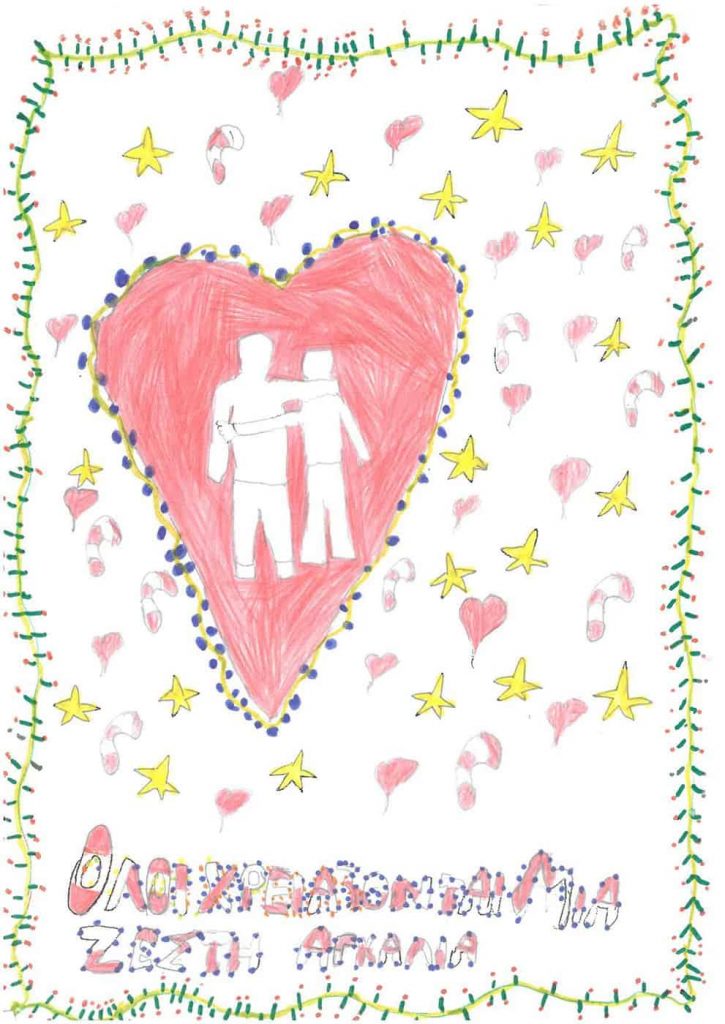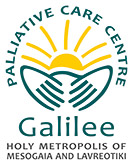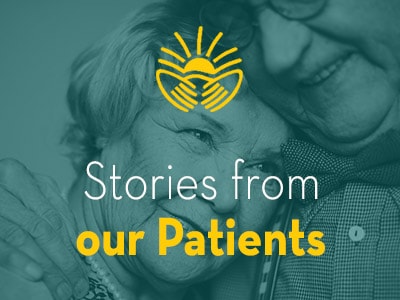 The work of health professionals in a palliative care team is not easy. In order to be able to manage the constant challenges they face daily, they themselves need psychological and emotional support and empowerment.
The work of health professionals in a palliative care team is not easy. In order to be able to manage the constant challenges they face daily, they themselves need psychological and emotional support and empowerment.
In palliative care, health care professionals develop meaningful, healing relationships with their patients and their families. They do not simply fulfil medical and nursing duties, remaining disconnected from the people they are caring for, their worries, fears, and problems. On the contrary, they share in their difficulties and their burdens.
On a daily basis, as they carry out their duties, they are faced by serious diseases and death and they take on patients’ and families’ often intractable problems. In order to be able to continue to engage emotionally with the people they are caring for, in order to develop therapeutic relationships with them and to provide them with the best possible care, they must also take care of themselves, and be able to offload and be sustained emotionally and psychologically.
At Galilee Palliative Care Centre we ensure that our health professionals can decompress and be strengthened emotionally in the following ways:
- No health professional cares for a patient alone, but only ever in collaboration with other colleagues as part of the care team, and always according to the principles of palliative care. In this way the burden is shared and they feel secure as part of a team.
- The interdisciplinary team meets every day and discusses any difficulties or concerns they have relating to their work with patients.
- We provide ongoing training so that they can improve their knowledge and skills and feel competent in their roles.
- Supervisory sessions are held every two weeks in order to sustain the interdisciplinary team and to support our health professionals psychosocially. Over a period of two years from 2017 to 2019 this has been done through art therapy.
- We organise a regular programme of events in order to strengthen relationships between members of the team: outings, shared meals, festivities, and tournaments.
- Our health professionals are involved in decision making about matters concerning their work and how the hospice is run.

